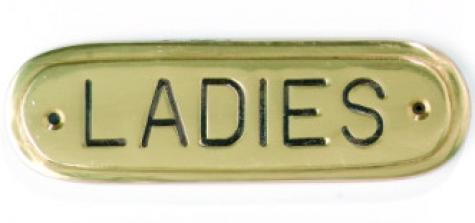It’s probably something most of us take for granted – if we think of it at all. The toilet.
The quality and standard of the Australian lifestyle are so high that many households have at least two, sometimes three, and in luxury apartments or large outer suburban mansion-style homes, maybe four. In fact, so important is a toilet to our emotional and physical health that the Australian Government has a very helpful public toilet website at www.toiletmap.gov.au so we know we're never far from one.
Today is World Toilet Day. It’s not about you or me or the living standards of the vast majority of Australians, but the struggle that approximately 2.5 billion people around the world have in dealing with the most basic of bodily functions.
One third of the world’s population do not have a toilet and do not have privacy when they need ‘to go’. Women and girls have nowhere to practice proper menstrual hygiene.
This is despite access to safe and clean drinking water and sanitation being declared as a human right and included in the United Nations (UN) Millennium Development Goals with an aim to halve the number of people who do not have basic sanitation by 2015.
Toilets are important because of dignity and privacy. They also play a vital role in individual, household and community safety and sanitation.
The UN says that about 1.5 million children under the age of 5 die each year and 443 million school days are lost simply because of water and sanitation-related diseases. Diarrhoea-related disease is the second most common cause of death of young children in development countries with one death every 20 seconds. In areas where often the school toilet is the only santitation in a community, 23% of girls are likely to drop out once they reach puberty because of both emotional and physical stress when menstruating.
What can we do?
One of the issues that needs addressing is that some countries and international development organisations do not give sanitation as high a priority as some other issues. One of the aims of World Toilet Day is to advocate the benefits of proper sanitation, good hygiene and clean drinking water on health, education and economic outcomes.
In Australia, Engineers Without Borders and Habitat for Humanity Vietnam have combined to identify a range of practical projects for university engineering students to develop innovative and appropriate water solutions in the Anh Minh district in Kien Giang province on the Mekong Delta. In 2012, over 8,000 first year students have been involved in the project.
Organisers of World Toilet Day say that bringing sanitation and clean toilets to the areas of the world that needs them isn’t a matter of inventing something new.
“No new technology is needed. The humble toilet has been around for while,” says Saskia Castelein of the Water Supply and Sanitation Collaborative Council and World Toilet Organisation.
“It is foremost an issue of political leadership and having the right people championing the cause.”
You can show others that you give a s**t by visiting www.worldtoiletday.org and follow @worldtoiletday on Twitter.

















__small.png)










